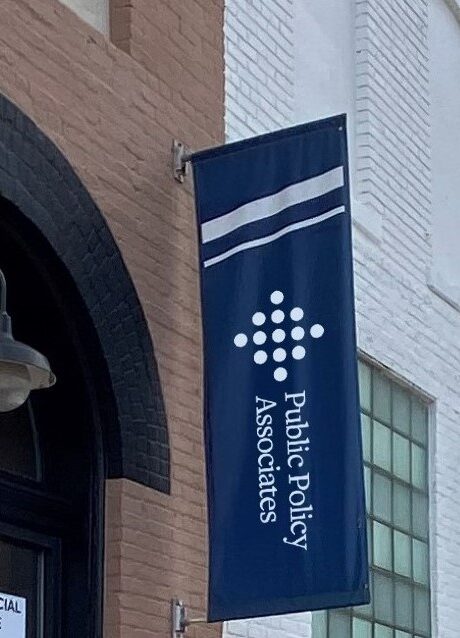 Unequal access to computers and the Internet present important challenges to school districts and policymakers seeking to address educational equity gaps in Michigan and across the United States. These challenges are exacerbated during the coronavirus pandemic, which forced schools to close months early, in March rather than June.
Unequal access to computers and the Internet present important challenges to school districts and policymakers seeking to address educational equity gaps in Michigan and across the United States. These challenges are exacerbated during the coronavirus pandemic, which forced schools to close months early, in March rather than June.
A new issue brief, Digital Inequities and Disparities: Technology Access for Michigan Students, examines the disparities in access between rural and urban students, White students and students of color, and those in low-income families and others.
Data from the American Community Survey show that about 418,000 Michigan students lack access to online instructional technology, which requires both a computer and high-speed Internet. Black and Hispanic students, children in poverty, and those living in many rural areas of Michigan, all are at a digital disadvantage. For example, only 76% of Black students have home access to computers, compared with 94% of White students. Only 59% of children in rural areas have access to broadband, compared with 79% in metropolitan areas.
In this brief, PPA recommends further study to look at key questions, including how districts are working to expand Internet access during the COVID-19 pandemic and how they are reaching out to students and families without access.
You can read the brief here. For more information or to learn about Public Policy Associates’ work in education, contact the authors of this brief, Nathan Burroughs, Ph.D., at nburroughs@publicpolicy.com or Daniel J. Quinn, Ph.D., at dquinn@publicpolicy.com.

